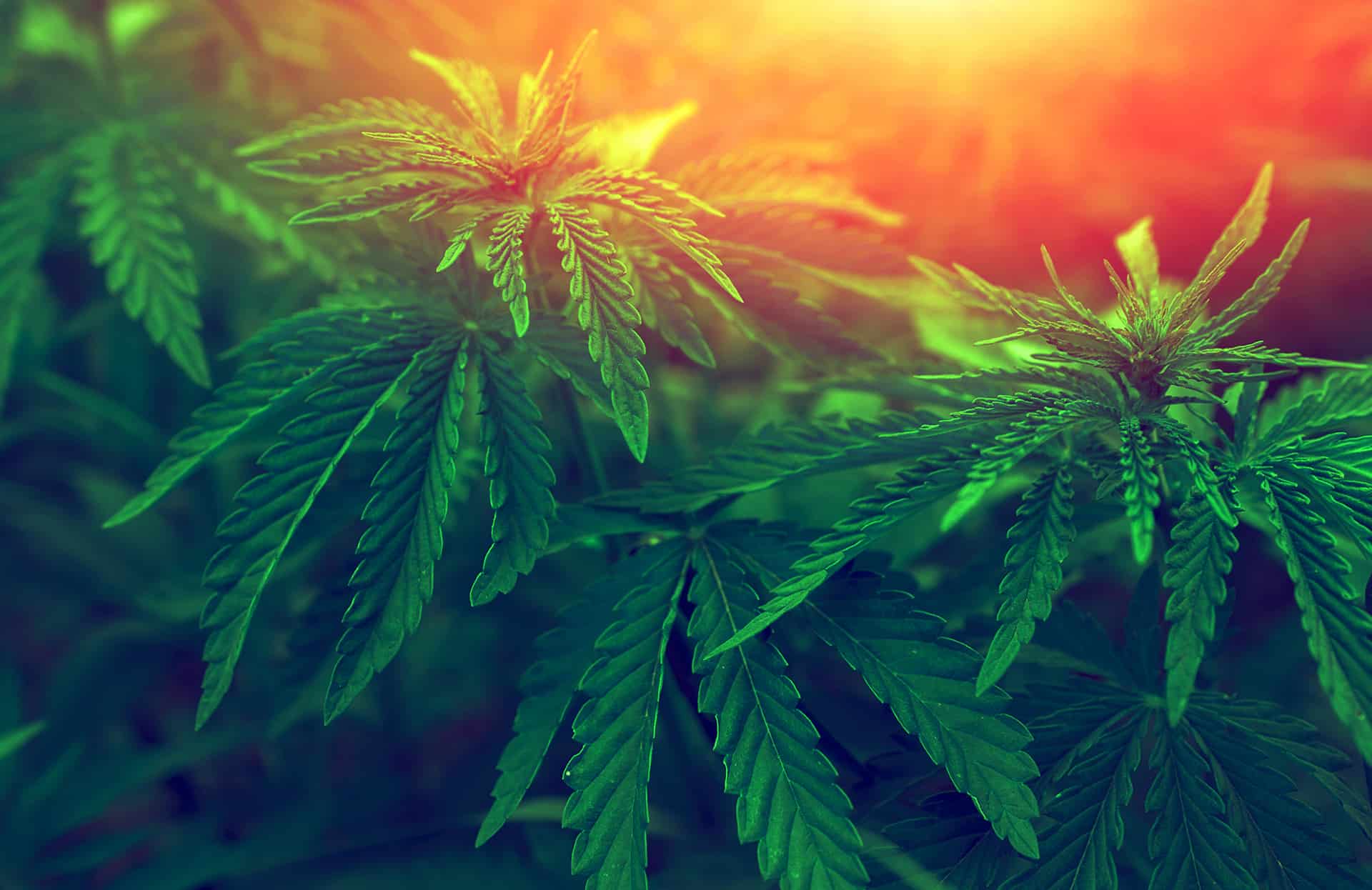Marijuana’s place in the American consciousness has transformed in the past hundred years: once seen as the “assassin of youth” by top drug enforcement officials, marijuana is now legal in some form in 29 states and the District of Columbia. Today, 57% of adults support marijuana legalization according to the Pew Research Center, as opposed to just 32% a decade ago, and it is the most widely used illicit drug in the country.
Despite these changes in public opinion, there remains a lack of understanding on if and how marijuana affects the brain. Especially with the legalization of recreational marijuana in seven states and the District of Columbia, some have been led to believe that using marijuana is harmless, whereas others have grown more concerned than ever about its addictive properties.
Part of the controversy stems from how we define “addiction” in the first place. According to the National Institute on Drug Abuse, there is a difference between addiction to a substance and dependence on a substance. If you are dependent on marijuana, you will experience withdrawal symptoms if you stop taking it – these can include sleep difficulties, changes in appetite, headaches, chills, and tremors (Gorelick et al, 2012). Addiction is a step further than dependence – when your use of marijuana interferes with your life (e.g., you lose your job), it is considered an addiction.
Data show that about 9% of people that try marijuana will end up dependent on marijuana (not necessarily addicted), but that long-term use and use in adolescence increases the likelihood of a use disorder (which can include addiction) to as much as 50% (Lopez-Quintero et al., 2011). In fact, recent evidence suggests that up to 30% of those who used marijuana in the past year met at least some of the diagnostic criteria for a marijuana use disorder (Hasin et al., 2015). In short, frequent use of marijuana over a long period of time can lead to addiction.
In Tennessee, where neither medical nor recreational marijuana is legal, 14.5% of individuals admitted to treatment programs in 2016 had marijuana as a primary substance of abuse. The percentage is about the same for Shelby County specifically. Visit our treatment locator to find treatment centers for marijuana in the Memphis area.

